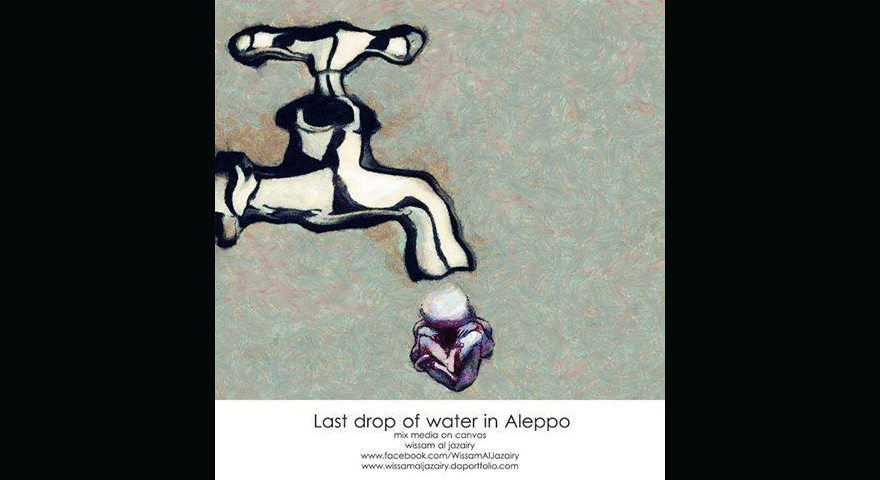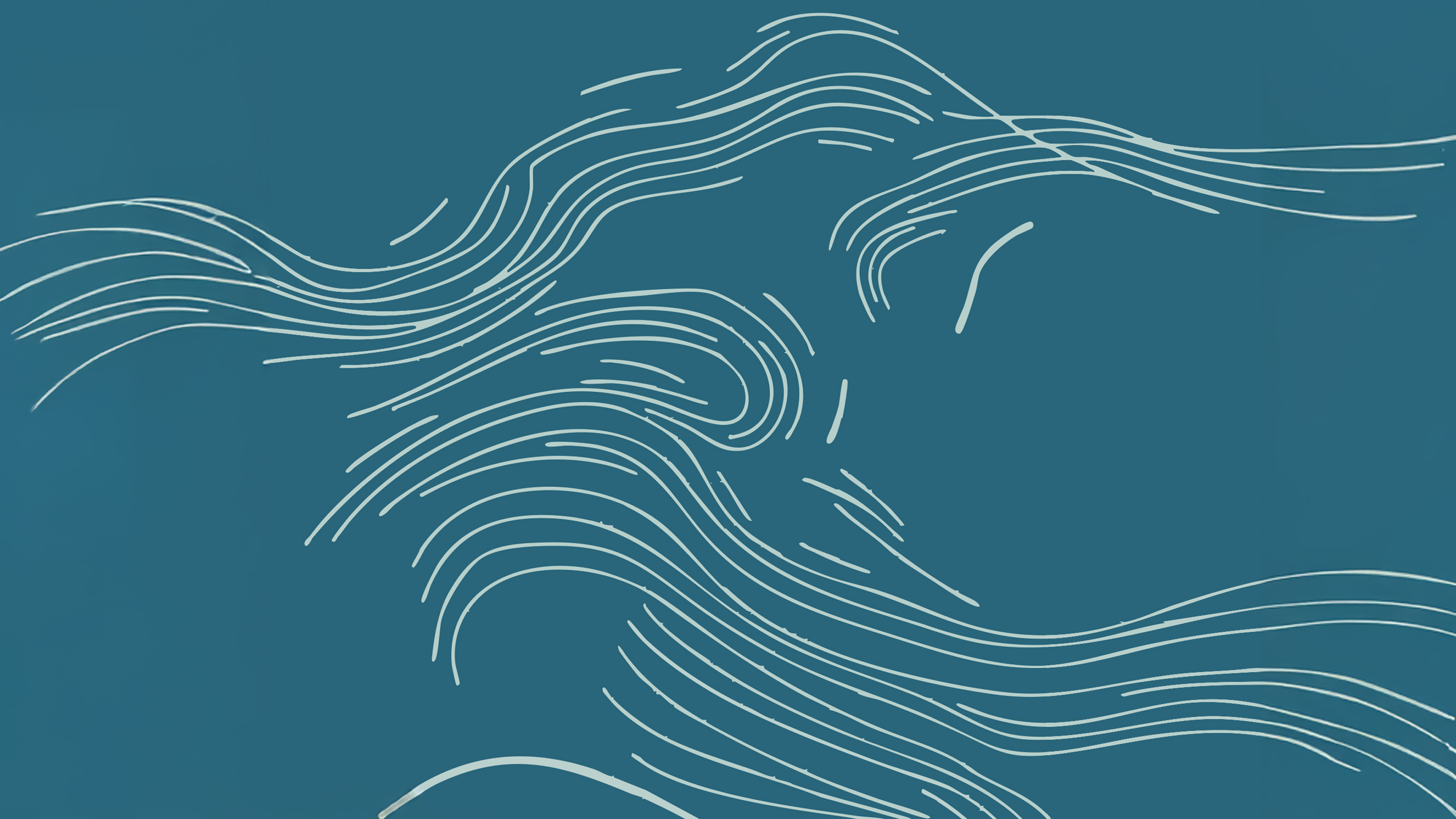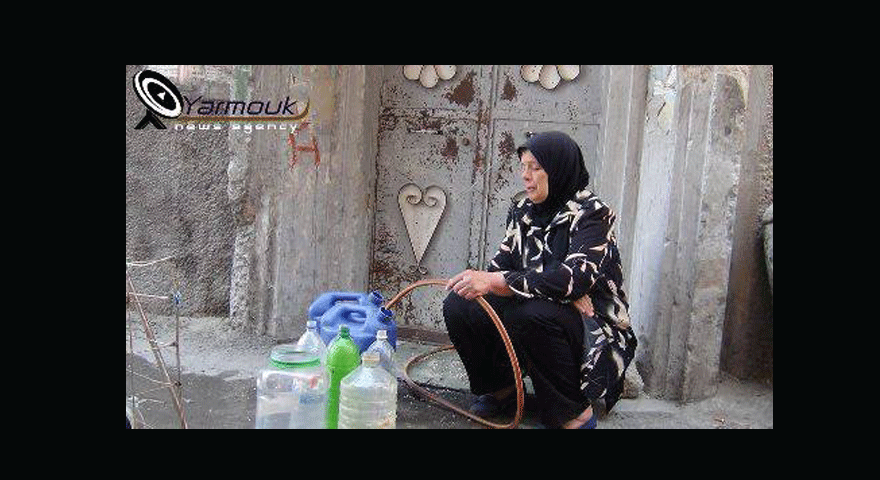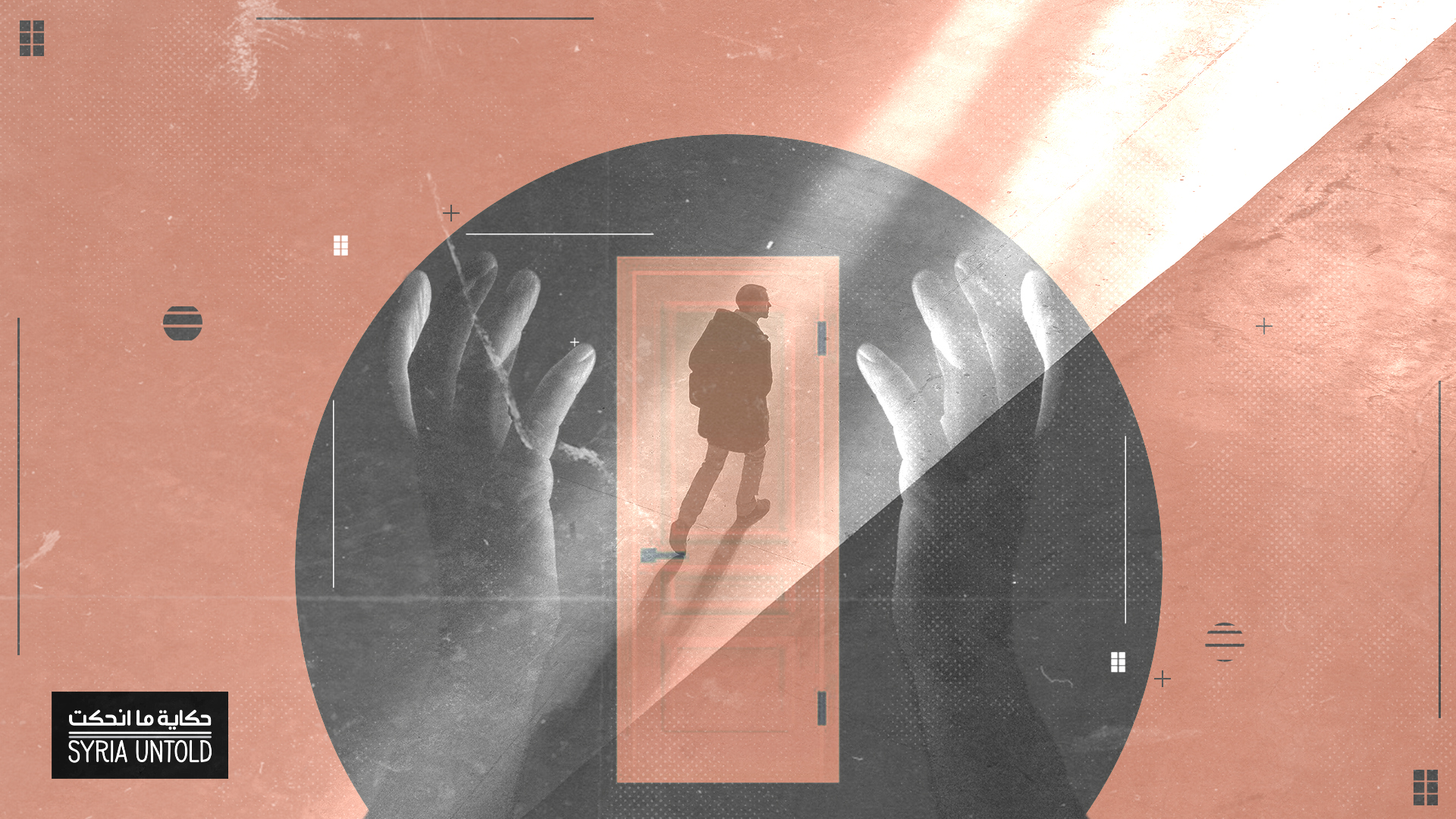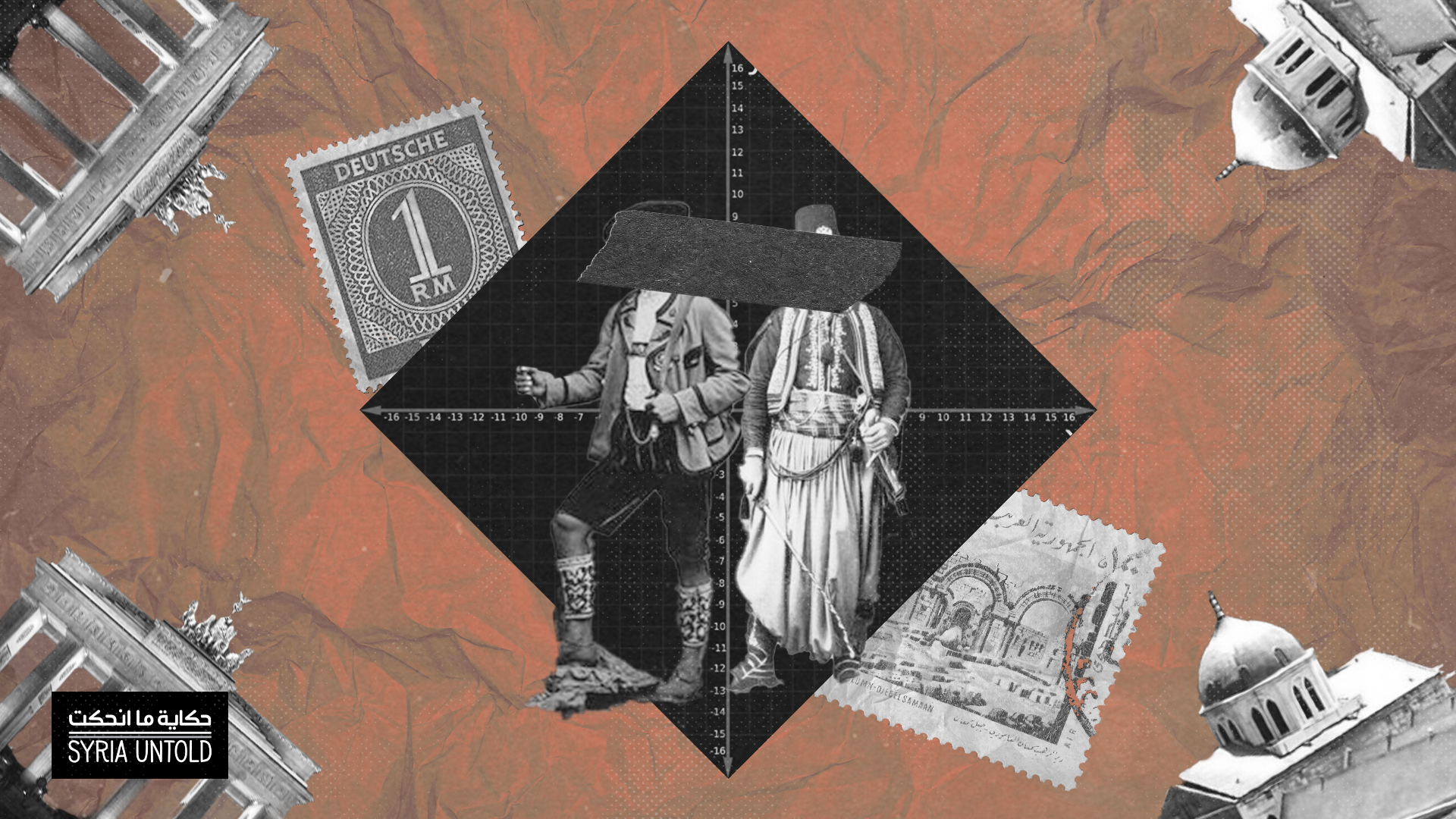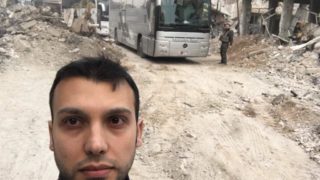I sit on a stone sidewalk in the city of Yotobori (Gothenburg) in northern Sweden, watching the shimmering surface of the water. I observe the golden color of the water at sunset and ponder the definition of water.
I recall some humorous lines someone recited long ago:
The earth is earth, and the sky is sky,
And water is water, and air is air.
They say that people speak as we do,
But the sheep? Their sound is "maa-maa"
All men, in general, are male, it's true,
But as for the women, they're all women too!
I smile and repeat the word "water" (Maa) aloud. I say "and water is water" dozens of times. I think to myself, what good is it to ponder the definition of water? No matter how hard I try, water will remain water—am I any better than the one who, "after much effort, defined water as water"?
A few hours earlier, I was sitting with a friend in the bar of the hotel where I was staying. In the background, the Beatles were playing, along with similar music. I told my friend that I was thinking about water. I shared what was on my mind.
The next day, on the train back to my home in Berlin, I wrote these words in my little notebook. Looking out the wide window, I saw the train passing beside the North Sea, crossing over the Baltic Sea; a train connecting lands that do not connect, a train traversing in a moment stripped of time, moving swiftly toward an unknown future, skimming the sea's edge. And I write. I write about water and remember a life that sometimes flashed by as fast as a shooting star and at other times weighed heavy as a mountain. Nothing halts the train of time.
The Water of Damascus
I remember myself as a child, carrying an empty jug or pitcher as I crossed Revolution Street in the center of Damascus, heading toward the Sarouja neighborhood to fill the pitcher with water from the Great Al-Ward Mosque, or from the water fountain across from it. I would feel the sweetness of the water on my lips. I would then take the pitcher back to my grandfather's shop in the Qarmani area.
Water fountains were widespread in Damascus, as people believed in the virtue of giving and saw quenching the thirst of others as one of the noblest acts. These fountains served as free water stations for passersby. I remember fountains in Old Damascus, in the Qarmani market, in Sarouja, and in Rukn al-Din. I remember the water and ice fridges, and the taste of cool water on scorching summer days.
I used to think, when I was living back home, that this custom of public water fountains was unique to Damascus, or Syria in general. But later, I discovered water fountains in Istanbul, Cairo, Granada, and even in the villages of the Black Forest in southern Germany, where the water is among the purest and freshest.
But that was later. In my early years away from Damascus, I returned briefly to Beirut after some time in Europe and lived there, longing for the taste of Damascus water. During that period, I would ask any friend coming from Damascus to Beirut to bring me a bottle of Fijeh Spring water. I would drink it in Beirut, feeling the taste of Damascus flowing through my veins.
In my early school years, specifically in fifth grade, when I was ten, I was a student at Muhyiddin Ibn Arabi School in the Rukn al-Din neighborhood. We took a school trip to the Fijeh Spring, west of Damascus. This spring is located in the Barada Valley and supplies Damascus with its essential water needs. They took us into the water treatment plant there; we were children, fascinated by everything we saw before our eyes.
Water fountains were widespread in Damascus, as people believed in the virtue of giving and saw quenching the thirst of others as one of the noblest acts.
However, despite this, Damascus never had enough water. The Barada River, which was full of water up until the 1980s, flowed through the city and the surrounding orchards, providing irrigation, cleaning, and other uses. People even swam in certain parts of the river. But then, it began to dry up.
The Syrian government embarked on residential and commercial projects, expanding the city with no clear planning, cutting vast areas of green cover. The river’s water was diverted to supply the homes and palaces of those in power, leading to its depletion, except for a few weeks each spring.
In the early 2000s, innovative plans were devised to restore water to the Barada River. These included redirecting excess irrigation water used in public gardens and collecting it in filtered tanks to feed the river along its course, or even channeling treated wastewater into the river. However, all these plans collided with government corruption and none were implemented. This ultimately led to a reduction in green spaces across the city, transforming it into a quasi-desert landscape, and turned the river’s course into an unsightly path through most parts of the city.
Most of the time, water wouldn’t reach our apartment on the third floor of a building on the slopes of Mount Qasioun, so we installed a generator (dynamo) to help us get water when the flow pressure was low; the generator boosted the water to reach our faucets.
I would ask any friend coming from Damascus to Beirut to bring me a bottle of Fijeh Spring water. I would drink it in Beirut, feeling the taste of Damascus flowing through my veins.
We didn’t have hot water at home all the time; we had to turn on the “bathroom heater” to get warm or hot water. Because of this, we couldn’t bathe daily—it was once a week or, at most, twice. We didn’t consume water as freely as people in Western European countries; instead, we conserved it as much as we could.
The same was true in Qamishli, where I spent a few years of my childhood. There, a generator would pump water from nearby wells drilled around the city. The drinking water was neither as fresh nor as pleasant as that in Damascus. All our water use came from groundwater.
Water of Neighboring Countries
A person's thoughts waver in the early stages of exile between two things: the first, that their homeland is the sweetest of lands, and the second, that it is the most ruined.
I arrived in Istanbul, the enchanting city. I wanted a sip of water, but my friend, the homeowner, told me that this large bottle was for drinking water and that tap water was undrinkable. I was shocked. I was a young man in my early twenties, not knowing much about the environment in other countries, despite studying environmental sciences for three years in university, volunteering for five years with the Syrian Environmental Association, and working for an environmental studies company during one of my university years.
How is water bought? Isn’t drinking water a right for all people and should be free of charge? I was naive.
I was shocked by this in Turkey, Egypt, and Jordan. How do we buy water when the earth itself is made of water? I started reading about freshwater, water wars, desalination, and vast cities and regions in the world where there is no drinking water. I learned some things and missed others.
I am like a swallow that migrated, leaving its southern home and heading north, and after leaving its mark in the cold northern lands, it longed for its hot homeland and wanted to return.
In Jordan, for example, during one of my work visits, the hosts booked me a room in a five-star hotel. I drank some water from a bottle placed beside the bed. The next day, the same bottle was there. Typically, in hotels, they replace opened water bottles to show luxury, but in that hotel in Amman, they didn’t. Instead, they hung a small note in the bathroom asking guests to conserve water, as there was not enough water in the country.
The Melancholy of Water
Berlin is surrounded by dozens of lakes, frequented by the city's residents during the few summer weeks. On scorching days, the city almost empties of its inhabitants, who can be found swimming in the waters of the lakes and pools. It seems this city doesn’t need a sea to be beautiful. Berlin is sufficient with its lakes and its river, yet it lacks the scent of sea air—the sea of Beirut, the sea of Istanbul, the sea of Latakia, the Baltic Sea, any sea.
In Berlin, I can bathe in hot water whenever I wish. Next to the shower, there is a small window. I close it and shower, whether in summer or winter.
In the cold winter mornings of Berlin, I shower with hot water and think of those who "suckle the clouds," those who have no shelter or water. My partner says to me: "Every winter you become sad, and depression takes over you, why is that?" I tell her first: "The sun, the sun doesn’t shine in Berlin, and I come from the Mediterranean, I need the sun." She says that this is an excuse, that there are deeper reasons. I try to explain to her that I am sad because I can bathe in hot water, while in the place I come from, many people can’t even find water to drink. Even in the city I live in, Berlin, there are many homeless and poor people who can’t find water to drink. I tell her that what I feel is the melancholy of water. My partner feels sad for me and suggests that perhaps I should see a therapist.
I am writing now, and on my table is a glass of water. I gaze at the glass. Half of it is empty, and in the other half, there is water that will be drunk shortly. I look out the window and see rain falling gently. The edges of the buildings are wet. The sky is gray with a hint of blue, and on the neighboring building, the pigeons stand in a straight line, looking at the horizon.
I see all of this, and in my mind, there is an image of a camp drowning in mud.
Like a Swallow
In Gothenburg (Göteborg) in northern Sweden, I watch the seagulls flying over the city, and I remember the seagulls of Istanbul, the first time I encountered exile. I was fascinated by this bird that accompanies the ships and boats that carry the city's people between its two halves.
Now, I sit in the kitchen of my home, reading the notes I made on the train, and I remember the sky of Qamishli. I was a young child, mesmerized by the flocks of swallows that fill the city's sky during their migration to European countries to lay their eggs, returning when life there becomes unbearable due to the cold.
I am like a swallow that migrated, leaving its southern home and heading north, and after leaving its mark in the cold northern lands, it longed for its hot homeland and wanted to return.
Perhaps, next summer, a child will play with a ball in the streets of Qamishli, while his mother sprinkles water in front of the house to clean it. The child will play with the ball, thinking of nothing but the game. He will raise his eyes to the sky, see the swallows in the air, and dream.
Note: In Arabic, the word "ماء" (maa) means both "water" and is also onomatopoeically the word for the sound that sheep make ("Maa", "Baa" in English).



